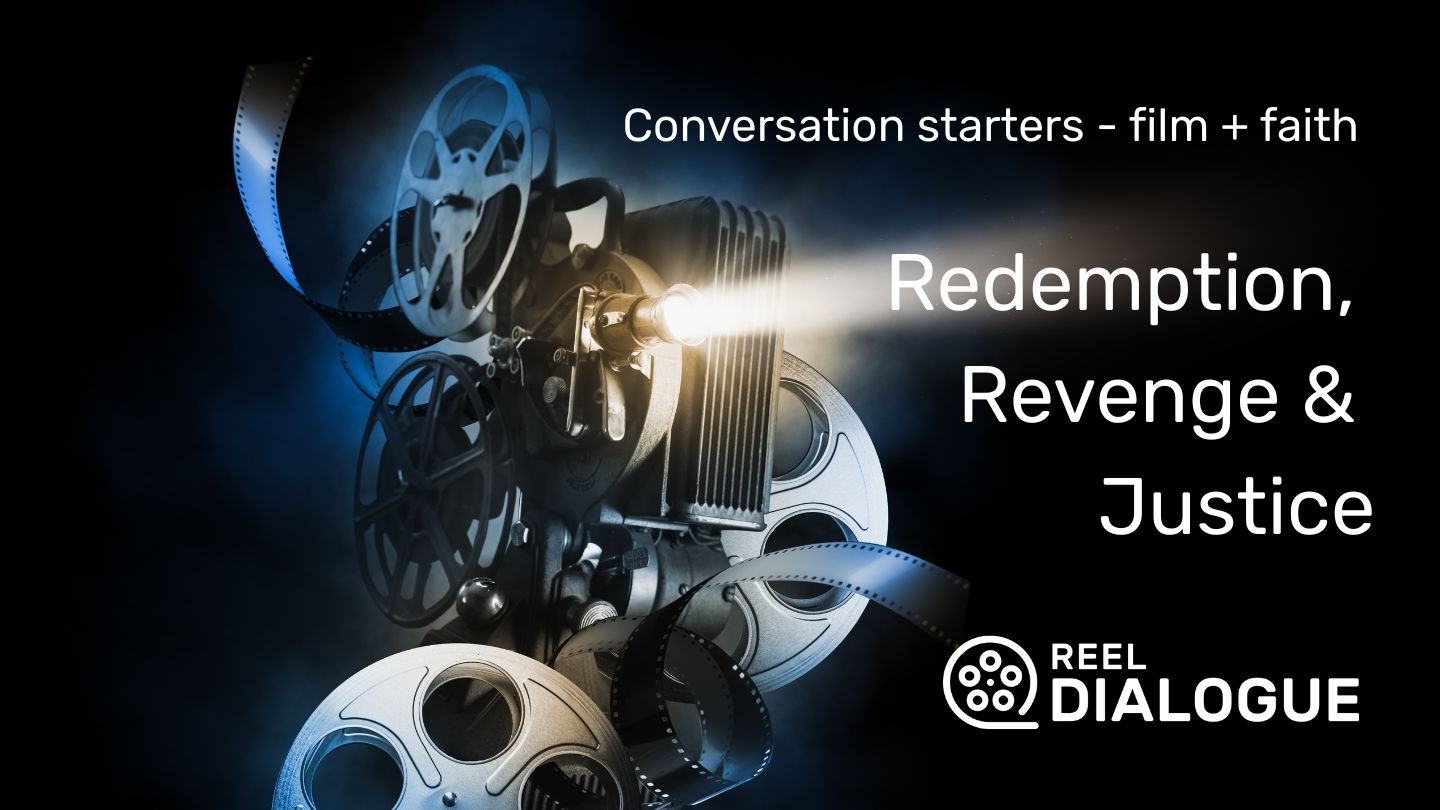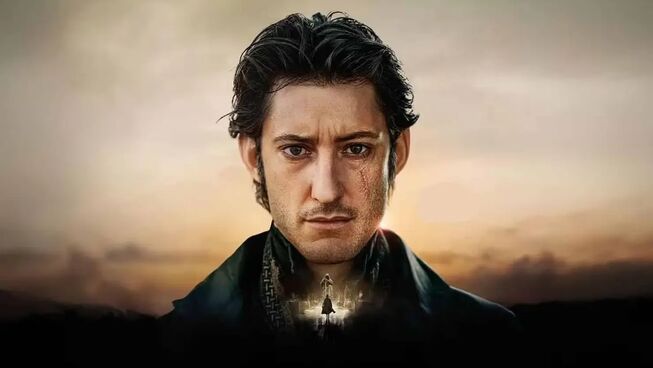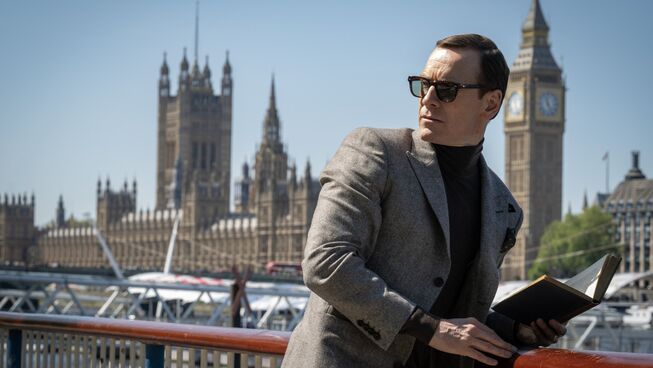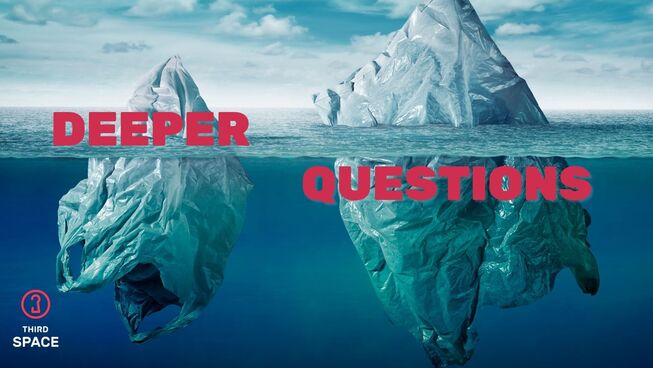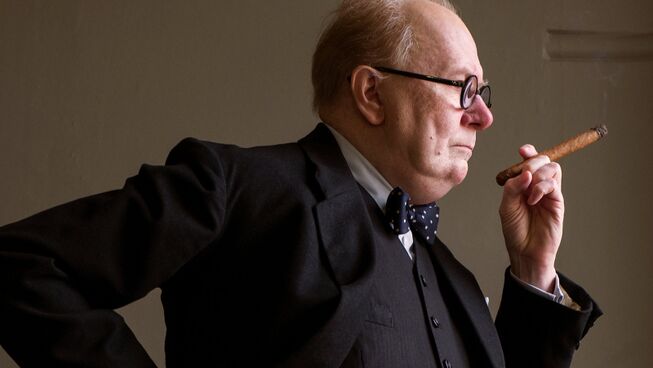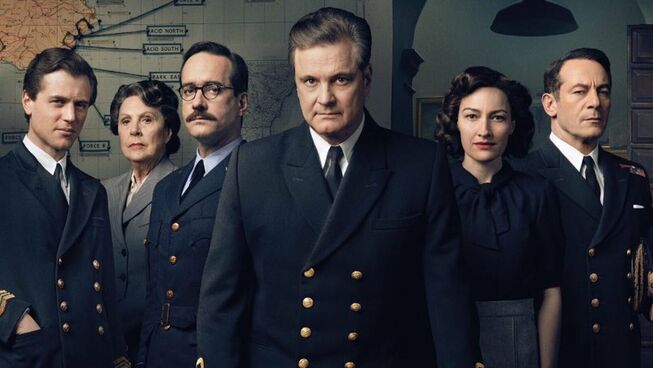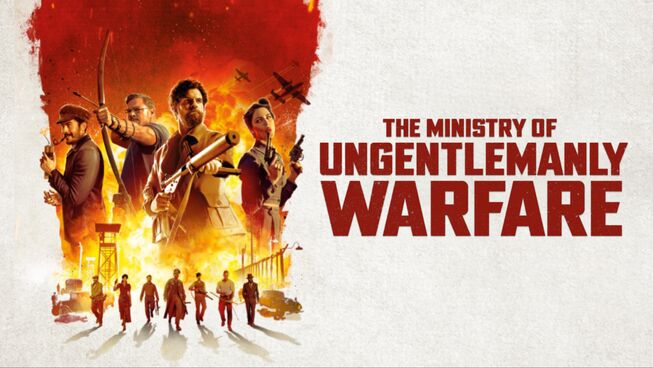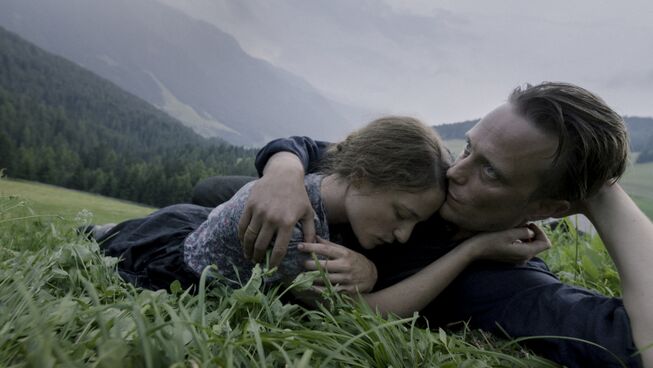Nuremberg
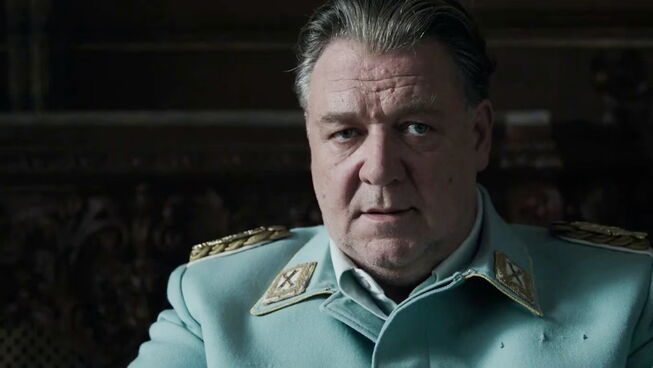
⭐️ ⭐️ ⭐️ ⭐️ (out of 5)
Historical dramas occupy a fascinating space in cinema. They must walk a tightrope between documentary-like accuracy and the emotional depth of storytelling. When the genre works, we are transported—invited to inhabit the shoes of those who faced the most defining moments of the human story. But the danger is always imbalance: too much fact and the film becomes a museum piece; too much fiction and it loses its moral weight. The best historical dramas, from Schindler’s List to Darkest Hour, manage to present history with integrity while still delivering a compelling narrative arc. James Vanderbilt’s Nuremberg confidently joins that lineage. It refuses to sanitise the past, yet never forgets that human beings are flawed, fragile, frighteningly ordinary and can still find themselves at the centre of historic turning points.
Set in the immediate aftermath of World War II, Nuremberg follows the unprecedented international effort to bring the surviving leaders of the Third Reich to justice. The story centres on Chief Psychiatrist Douglas Kelley (Rami Malek), whose task is to assess the mental competency of the Nazi defendants, with particular focus on Hermann Göring (Russell Crowe), the calculating, charismatic surviving second in command of the Third Reich. As Kelley interviews the men responsible for unfathomable atrocities, he becomes entangled in a psychological battle with Göring, who remains disturbingly self-assured and unrepentant even as the evidence of his crimes is laid bare in the courtroom. As the trial unfolds, with global stakes, political tensions, and historical consequences, the film weaves together the legal, moral, and personal struggles of those seeking to ensure that justice is done.
The danger of a historical drama is that in its breadth of content and timespan, it can lack depth. Thankfully Nuremberg, despite its fair share of dramatic monologues that explicitly articulate the film’s thesis: that shining a light on these atrocities is essential for preventing their return, manages to retain nuance. Vanderbilt demonstrates admirable restraint. His script is clear about the film’s moral purpose, but never becomes condescending or simplistic. Instead, it trusts the audience to grapple with the material.
The cast assembled is formidable. Rami Malek brings a firm intensity to Dr Douglas Kelley, a man committed to studying the mind, suddenly thrust into history’s most consequential confrontation between sanity and madness. His performance is charismatic and magnetic, revealing a mental health professional forced to confront the banality of evil. Russell Crowe, meanwhile, delivers one of his most chilling performances in years. His Göring is not a caricature but a fully realised, and therefore terrifying, portrait of arrogant evil. Crowe avoids the temptation to play the Naz as an unhinged monster. Instead, he embodies a man who is frightening precisely because he appears so normal, composed, intelligent, and self-justified.
Reel Dialogue and Third Space have entered the world of YouVersion: Download the app, dive into the plans, and engage with the Bible in a fresh and exciting way.
Watching Malek’s Kelley and Crowe’s Göring go toe-to-toe in a battle of psychological wit is thoroughly engrossing, especially as it unfolds alongside the larger international effort to put the Reich on trial. Their conversations become a microcosm of the entire film: civilisation itself interrogating barbarity, and refusing to accept excuses. Supporting performances from Michael Shannon, Richard E. Grant, Leo Woodall, John Slattery, and others expand the emotional repertoire. Shannon, in particular, brings a weary determination to his role, embodying a generation trying to comprehend how human beings could descend to such depths.
Behind the atrocities of the Nazis is the banality of evil. That not grotesque mythical monsters, but ordinary men, neighbours, fathers and bureaucrats, can commit heinous acts. Vanderbilt refuses to soften that truth. The film could easily have cut away from the archival courtroom footage of the Holocaust. Many films have. But by including it soberly, without sensationalism, and with immense respect, the film affirms its thesis: if these things are not brought into the light, they will happen again. The scenes are distressing, as they should be. They remind us that the stakes of this story are not academic. They are human.
Beyond its thematic resonance, Nuremberg is a remarkable feat of historical reconstruction. Production design, costuming, archival integration and cinematography work together to create a world that feels authentically lived-in. The post-war gloom of Europe, the claustrophobic rooms of the courthouse, and the uneasy calm of occupied Germany are captured with impressive attention to detail. The result is a transportive work that champions justice and the need to remember history lest we repeat it. Nuremberg is thus both timely and timeless. At a moment such as now, where global tensions are rising, revisionist history is circulating, and political extremism is again finding footholds, Vanderbilt’s film stands as a sobering reminder of what happens when truth is dismissed and evil is ignored.
Have you ever thought of starting a movie discussion group? Click here to discover how to get started today.
Reel Dialogue: The most just Judge
The Nuremberg Trials exist because humanity instinctively knows that evil must be confronted, exposed, and judged. Justice is not merely a social construct—it is a moral reality, but human courts can only go so far; they reflect a divine truth: wrongdoing cannot simply be swept away.
Yet, Christianity offers an unexpected twist. The God who judges evil also provides the means for mercy. Jesus willingly steps into the courtroom on behalf of the guilty—absorbing justice so that forgiveness might be possible. At the cross, justice and mercy meet. Evil is not ignored; it is dealt with. And grace is extended not because we are good, but because God is. The Nuremberg Trials remind us of humanity’s capacity for darkness. The cross reminds us of God’s power to bring light.
